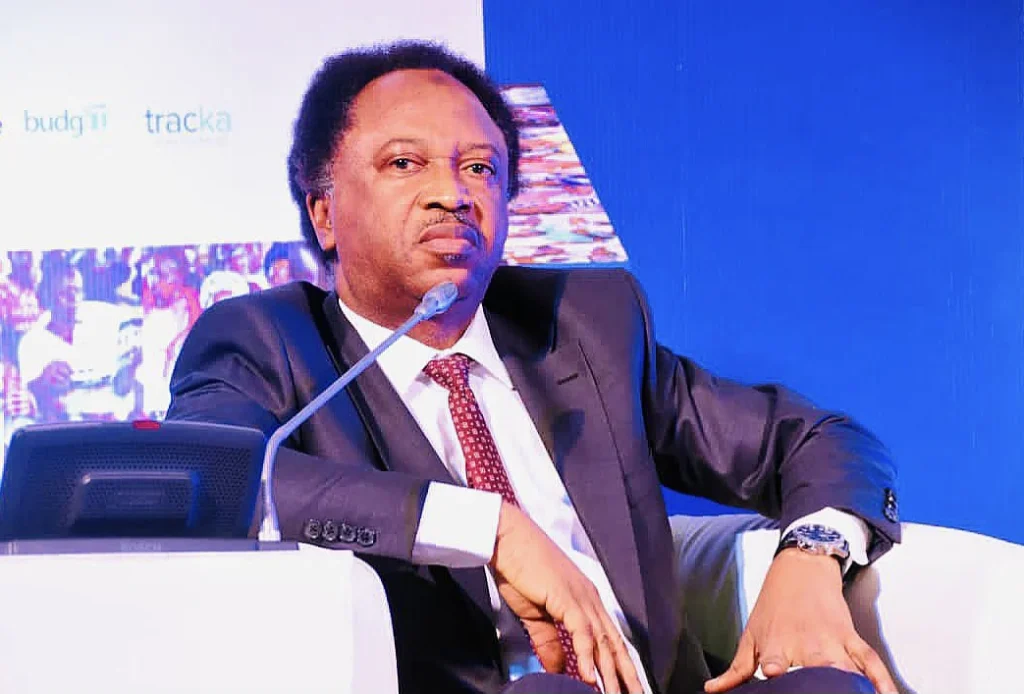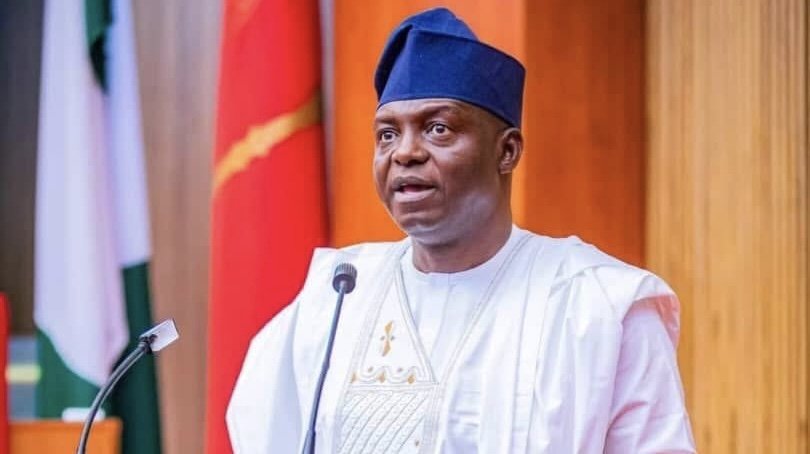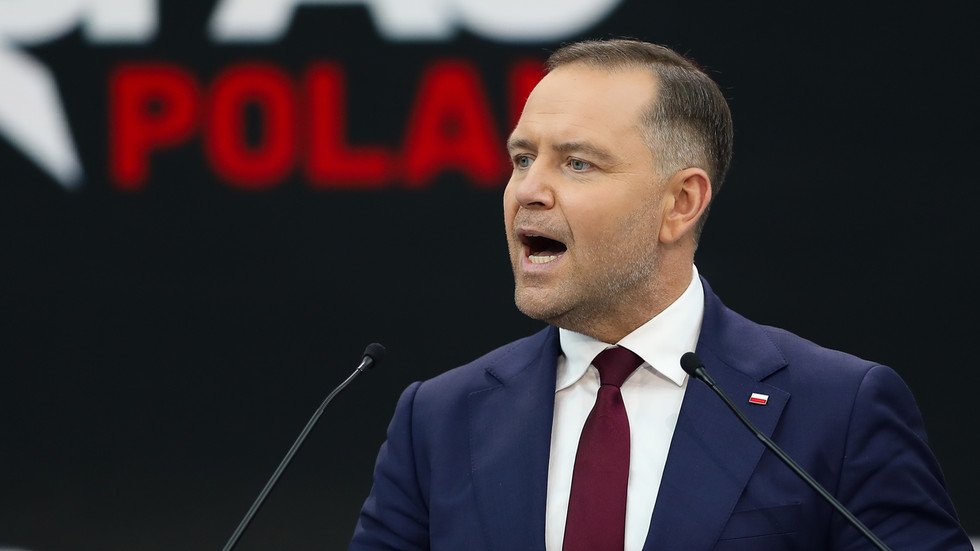The Nigerian government is considering restructuring the Nigerian National Petroleum Company Limited (NNPCL) to boost the country’s dwindling crude oil production. According to the Special Adviser to the President on Energy, Olu Verheijen, achieving the daily production goal of 3 million barrels requires performance-based stewardship, and there are doubts about NNPC’s capacity to deliver incremental growth.
Verheijen made this known at the Nigerian Association of Petroleum Explorationists (NAPE) Conference in Lagos, where she emphasized the need for revitalization in the oil and gas sector to ensure energy security and sustainable development. With current production hovering around 1.4-1.5 million barrels per day, the government is looking to increase output through restructuring asset ownership and inviting credible operators with technical capacity, financial depth, and governance discipline.
The NNPC E&P Limited currently produces 220,000 barrels a day, which is less than 10% of the national output. Verheijen questioned whether the state-owned firm can fund and execute the drilling campaigns needed to increase production, given that its joint venture partners can no longer carry it. She suggested that restructuring asset ownership and inviting new operators could be the solution to deliver the required incremental growth.
Verheijen outlined a broader framework for Nigeria’s energy sector, known as the ‘four R’s’ – reserves, revenues, reliability, and responsibility. She emphasized the need for rebuilding reserves, generating revenue, ensuring reliability, and taking responsibility. The government has prioritized reforms to make Nigeria a destination of choice for investments, and in 18 months, has unlocked over $8 billion in final investment decisions.
The Tinubu administration has also focused on domestic value creation, with plans to commercialize gas, expand midstream infrastructure, and develop the industrial base. Verheijen stressed that the country must act fast to attract investment, as the world is not standing still, and countries will not wait for one another to catch up. With a clear line of sight to another $20 billion in investments, the government is working to make Nigeria a reliable supplier of oil and gas to West Africa.



